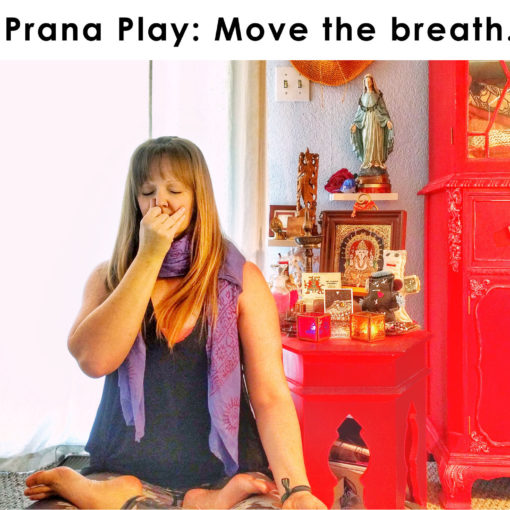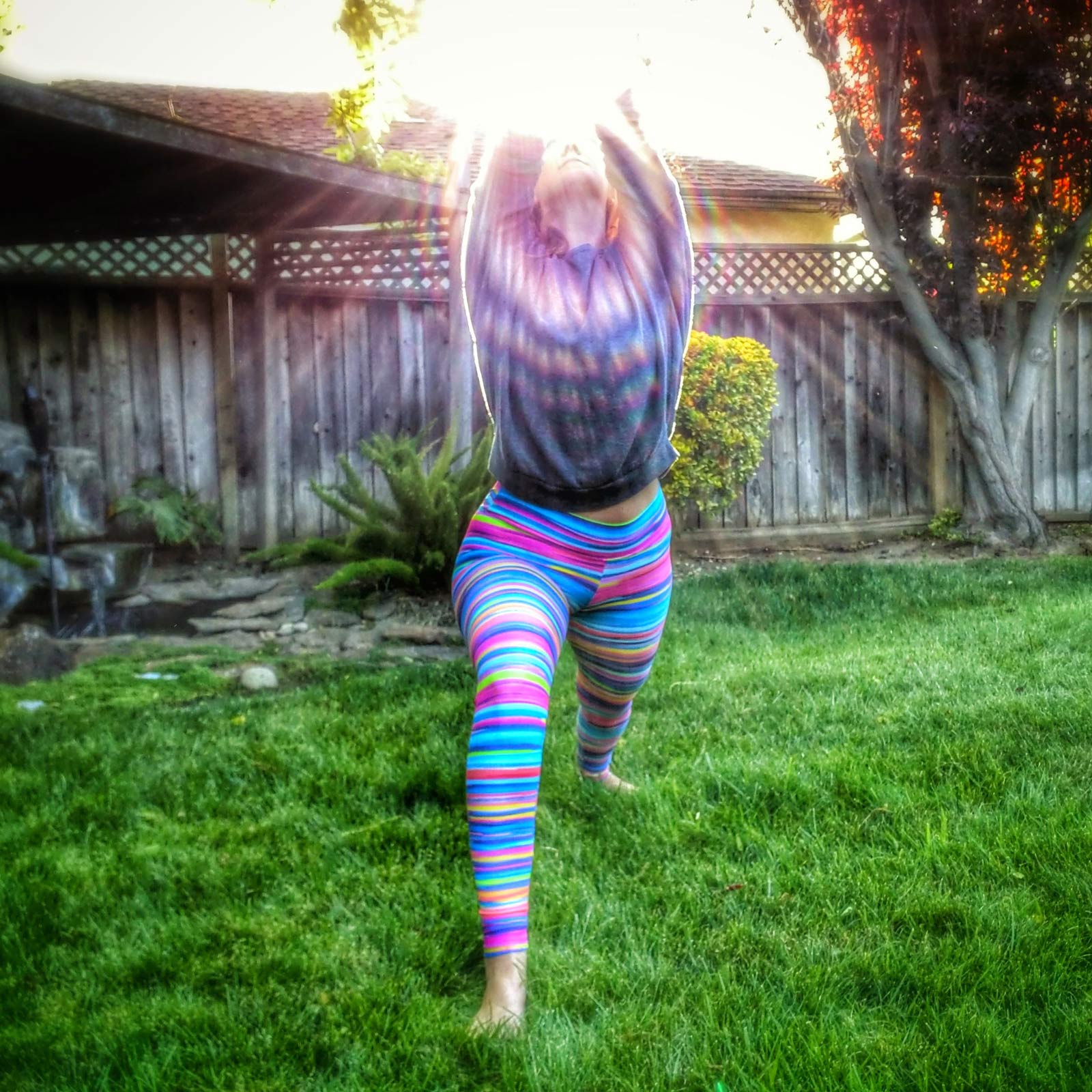
Take a moment. Just observe your breath, without changing it. How long is your inhale? How long is your exhale? Does the inhale fill your chest? Your stomach? Does your back rib cage push out when you inhale?
Where are you reading this? In front of a computer… At work or at home? Bored while in a meeting? Walking along a busy street on your phone (look up!)? Are you happy, calm, agitated, disinterested, depressed?
Our breath plays a critical role in our bodies. Yes, beyond just keeping us alive and filled with oxygen. It has the ability to activate our autonomic nervous system in various ways. Do you want to be alert, cortisol and adrenaline pumping through your body? Unless you’re gearing up for a boxing match, probably not. Unfortunately, that’s often the state our bodies are in, unnecessarily. Our autonomic nervous is made up of two parts, the sympathetic and parasympathetic nervous system. The sympathetic nervous system evolved to help us deal with major threats and stresses – you know, like a lion or bear chasing you. Your body needs to shut down some functions when that type of major threat happens, like the need to go to the loo or woo the object of your affections. Your pupils dilate, your heartbeat accelerates, and adrenaline prepares you for action. Your breath quickens as the bronchioles in your lungs dilate, ready to take in more oxygen. Your immune system suppresses itself so wounds won’t become inflamed. All of this is an awesome response when you’re being chased by a wild animal or fending off your caveman enemy (or even a modern day enemy). But when the 200th email of the day dings and you jump because you’re overworked, stressed out, and have too much on your plate, it becomes a serious problem. Chronic sympathetic nervous system stimulation can increase anxiety, can lead to gastrointestinal issues and depression, and can make you more vulnerable to colds, flus, and other infections.
So what does this all have to do with your breath? When we inhale, we activate the sympathetic nervous system. And we need to – it helps us feel alive and energized, and gives us the tools necessary to deal with demanding situations. The autonomic system works like a seesaw, though, and on our exhale, we activate the parasympathetic nervous system, which relaxes us, keeping us at ease and letting the stress subside. The parasympathetic nervous system stimulates our digestion and reproductive systems. It promotes healing, kicking the immune system back into gear, and allows our serotonin levels to increase, fighting depression and insomnia. We need both systems to be in balance, with the sympathetic nervous system kicking into high gear only during emergency, threat, or demanding situations. However, with today’s stress levels, most of us typically experience an overactive sympathetic nervous system. To get back to a healthy balance between the two, we can utilize our breath, and in turn, help ourselves relax, improve our chances of overcoming a bout of sickness or getting our groove back, much like Stella. By simply elongating your exhale, you can activate your parasympathetic nervous system.
Try this excercise: Inhale for 3 counts. Exhale for 6 counts (or, 4 or 5, working up to 6 if 6 is too long initially). Try this for 10 full breaths. How do you feel? Hopefully, you feel more relaxed. You have just activated your parasympathetic nervous system.
In yoga, we focus on the breath to help calm the stress we are causing our body by putting it into physically demanding asanas. While this is a very useful technique for asana, it’s also a useful technique for daily life. Stressful meeting? You don’t have to take 10 breaths to invoke the parasympathetic nervous system. Just take a deep breath, including a deep exhale, and calm your mind and body before your response (though attempt to not make it sound like an exasperated sigh, which I have been guilty of!). Just like training a muscle to be stronger, the more you practice this elongated exhalation for relaxation, the easier it comes to you when needed. The result: less stress, less emotional reaction, less blue periods, and overall better health.
Sources:
- Coulter, David (2011-08-16). Anatomy of Hatha Yoga. Cardinal Publishers Group. Kindle Edition.
- Hanson, Rick (2009-11-01). Buddha’s Brain: The Practical Neuroscience of Happiness, Love, and Wisdom. New Harbinger Publications. Kindle Edition.
- McGonigal Ph.D., Kelly (2011-12-29). The Willpower Instinct: How Self-Control Works, Why It Matters, and What You Can Do to Get More of It. Penguin Group US. Kindle Edition.




